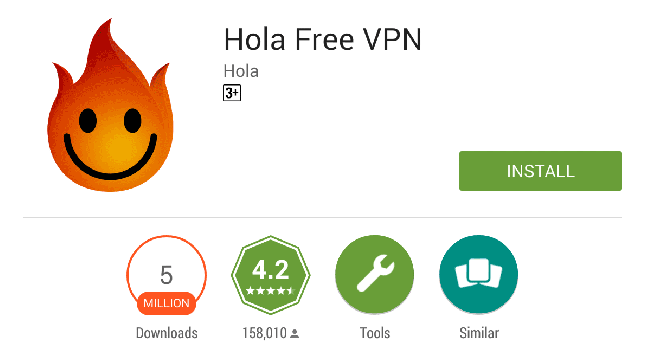


Remote access is a major threat vector to network security. Two-factor authentication is a minimum requirement for providing secure remote access to a corporate network. Simple authentication methods are subject to password "cracking" attacks, eavesdropping, or even social engineering attacks. VPN security is only as strong as the methods used to authenticate users and devices at the remote end of the VPN connection. General risks of SSL VPN User credential-related risks Users may even choose their favorite web browsers without being restricted by the operating system. But SSL VPN only requires users to have a modern web browser. Different IPsec VPN vendors may have different implementation and configuration requirements. That's why SSL VPN is also known as "clientless VPN" or "web VPN." It's flexible for end users Because most web browsers now have SSL/TLS, users do not typically need to install client software to use SSL VPN. SSL VPN uses SSL protocol and its successor, Transport Layer Security (TLS), to provide a secure connection between remote users and internal network resources. Most users don't need to install client software SSL VPN technology not only can help boost workforce productivity but can also reduce costs for VPN client software and support.

:max_bytes(150000):strip_icc()/holavpnhero-122181d2cfca48ec951aca94d946e8bc.jpg)
The SSL VPN function is already built into modern web browsers, allowing users from any Internet-enabled location to launch a web browser to establish remote-access VPN connections. Key advantages of SSL VPN It's built into modern web browsers Establishing and maintaining site-to-site VPN connections requires dedicated equipment. Organizations use site-to-site VPNs when distance makes it impractical to have direct network connections between these sites. Site-to-site IPsec VPN: network to networkĪ site-to-site IPsec VPN lets businesses extend their network resources to branch offices, home offices, and business partner sites. For an overview of working with this type of VPN technology, see the Types of VPN topologies section, also on this page. SSL VPN and IPsec protect data traversing the VPN from unauthorized access.įor more information about using this type of VPN technology, see the Key Advantages of SSL VPN and the General Risks of SSL VPN sections on this page. Businesses can use SSL VPN, IPsec, or both to deploy a remote-access VPN, depending on deployment requirements. Secure Sockets Layer (SSL) VPN and IP security (IPsec) are tunnels and authentication technologies. Advanced VPN technology allows for security checks to be conducted on endpoints to make sure that they meet a certain posture before they can connect to the network. Types of encrypted VPNs Remote-access VPN: computer to networkĪ remote-access VPN extends almost any data, voice, or video application to a remote device, also known as an "endpoint" or a host.


 0 kommentar(er)
0 kommentar(er)
